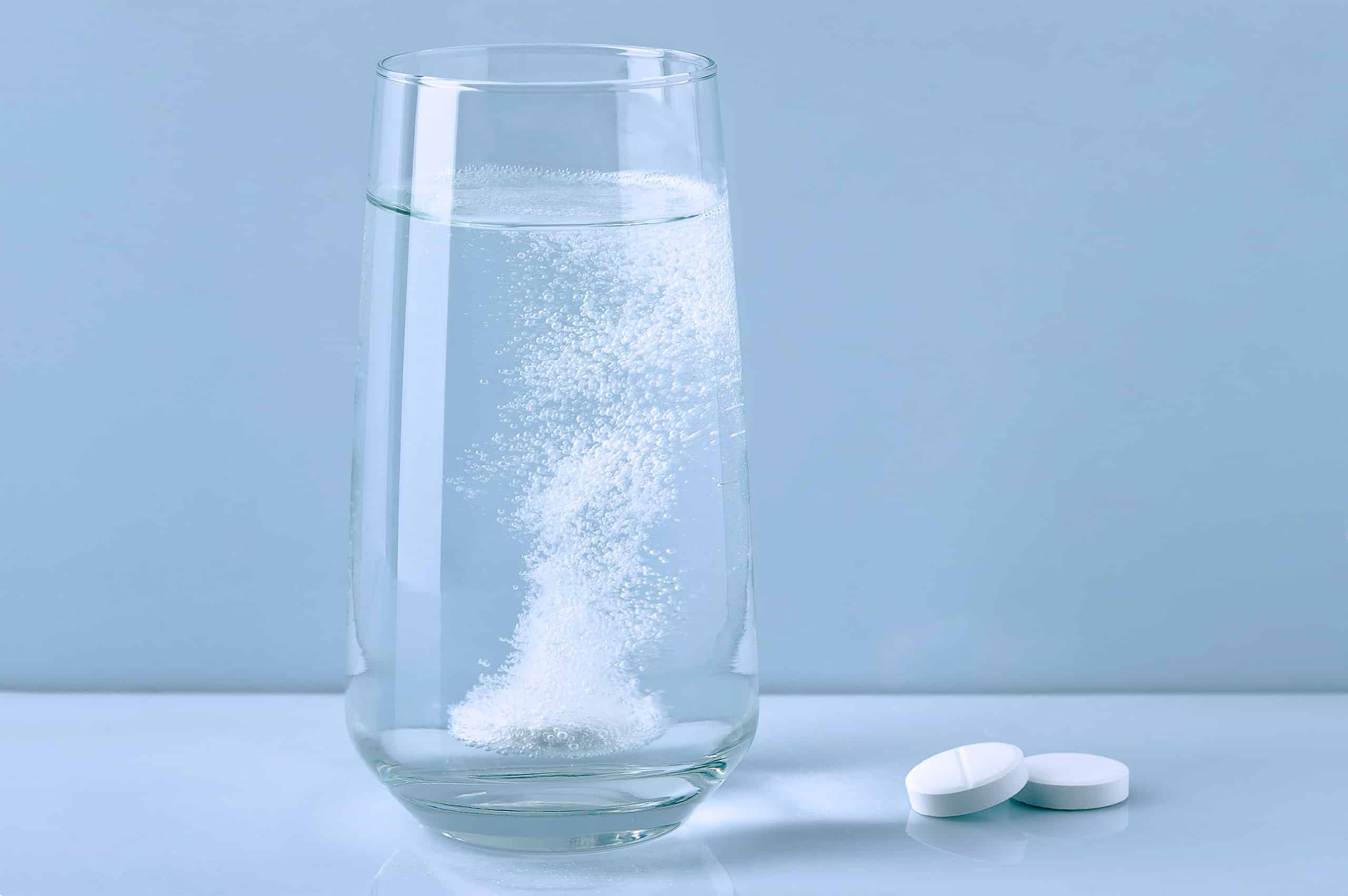For years, doctors have encouraged aging Americans to take a daily low dose (typically 81 mg) of aspirin every day, to prevent thickening of the blood and reduce their risk of heart attacks and strokes. Low doses of aspirin are prescribed to knock out blood platelets and thin the blood, reducing the risk of forming blood clots, which can cause heart attacks, strokes, and other complications.
However, two leading cardiology groups – the American College of Cardiology (ACC) and the American Heart Association (AHA) – recently recanted that advice, saying that in most situations an aspirin a day is not necessary and may even do more harm than good.
Why the Change of Heart?
According to recent research, for low-risk adults who have no history of heart attack, stroke, or cardiac surgeries, taking a low-dose aspirin daily may cause bleeding, which is now considered a greater risk than benefit.
A 2010 St. George’s, University of London study of more than 100,000 people determined that an aspirin a day reduced heart risks by 10 percent, but that there was a 30 percent increase in life-threatening or debilitating internal bleeding. Also, they found that of those individuals who took a daily aspirin for around 6 years, 1 in 120 avoided a potential cardiovascular event, but 1 in 73 experienced potentially significant bleeding.
Even in low doses, aspirin can eat away the stomach lining, which causes bleeding and ulcers internally. Because low dose aspirin also slows down blood clotting, it also means more blood loss when external cuts and other injuries occur.
However, both the AHA and ACC continued to emphasize that a daily aspirin is important for high risk individuals – particularly those with a medical history of stroke, heart attack, or other cardiac procedures like stents or open-heart surgery. For these high-risk individuals, an aspirin a day may save their lives.
For low-to-average risk individuals, however, maintaining a healthy lifestyle is a much smarter way to protect their heart taking a low-dose aspirin. A heart-healthy lifestyle includes the following smart behaviors:
- Not smoking or vaping and avoiding secondhand smoke.
- Eating heart-healthy diets that include plenty of fruits and vegetables, whole grains, nuts, and lean meats and fish.
- Limiting salt, fried foods, processed foods, sugar, and saturated fats.
- Getting at least 150 minutes of moderate exercise per week.
- Maintaining a healthy weight.
High Cholesterol and Diabetes
Another reason for the reduced need for daily aspirin is that overall, doctors are doing a better job at treating risk factors such as high cholesterol and diabetes.
Keeping arteries clear by controlling cholesterol is an important step to prevent heart disease. While the above healthy behaviors can often help with high cholesterol, sometimes statins – a type of medication designed to reduce cholesterol – may need to be taken for people with low-density lipoprotein cholesterol levels of 190 mg/dl or higher. Individuals with Type 2 Diabetes or who are considered to have high potential for a heart attack or stroke may also need to take statins.
In some situations, a low-dose aspirin a day may still be a good idea for people who struggle with controlling blood sugar or cholesterol. This really depends on whether or not their risk for bleeding outweighs the possible benefits of aspirin.



